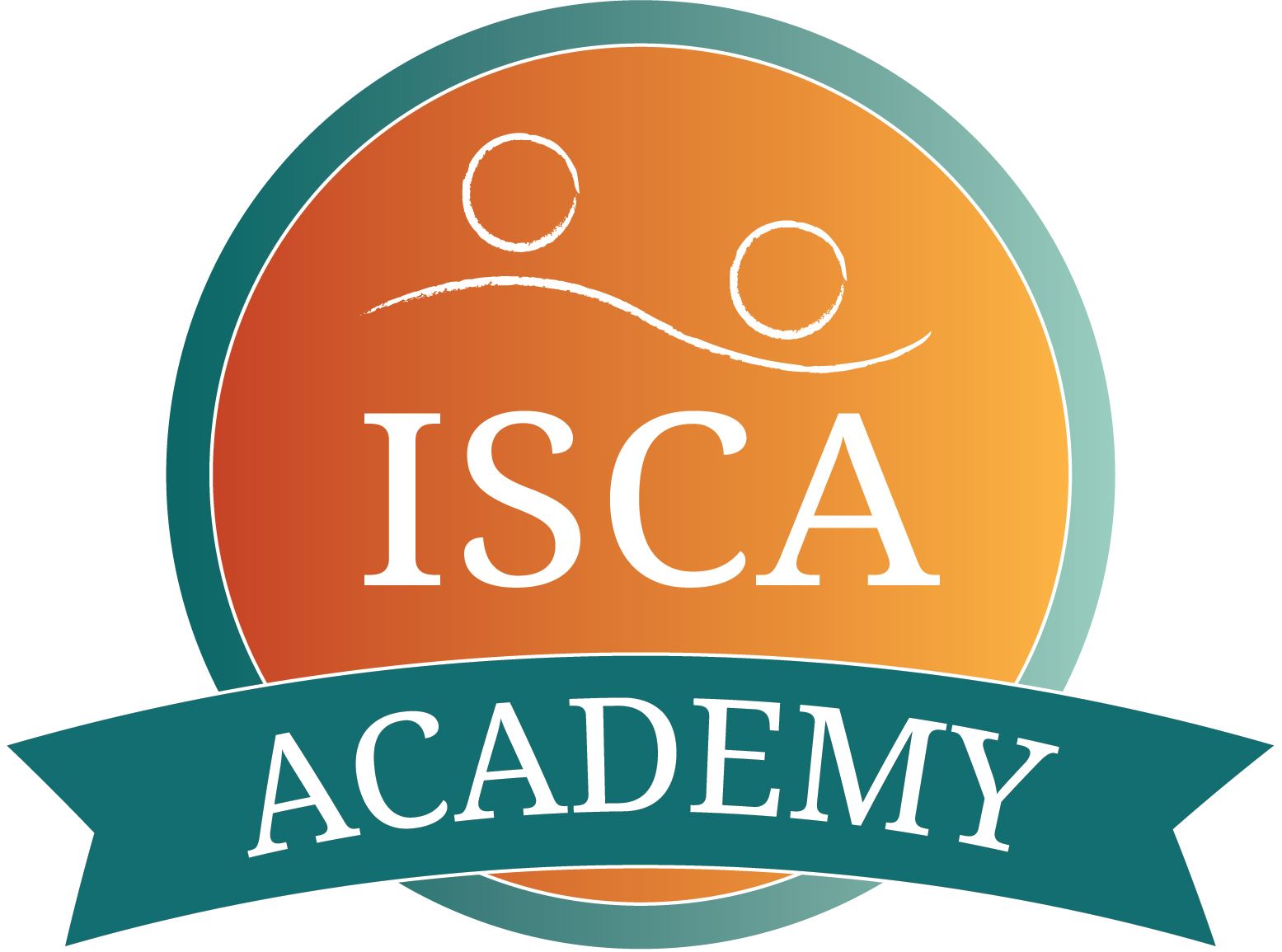- Home
- Interpreting Psychoeducational Assessment Reports: The Essentials for Counselors
|
Course Title | Interpreting Psychoeducational Assessment Reports: The Essentials for Counselors
previously named: Interpreting Ed Psych Reports: What Every School Counselor Needs to Know & Where to Find It! |
Course Number | ISCA 601 |
Course Overview | Do you often receive psychoeducational evaluations for students in your school that leave you wondering what to actually do with the information? Even worse, do some reports leave you feeling more confused about what the author is trying to say than before you even started reading it? While the assessment tools and writing styles of evaluators will always vary, This course will lead you through a "common sense" interpretation of many frequently-used assessments and their scores, as well as what information to zero in on to take away to help focus your work with students. We will also consider the impact of diverse educational practices, acculturative stress, and multilingualism on students' learning journeys. |
This course will support you in providing strategies for your students to be able to:
|
A.3. Comprehensive Data-Informed Program School counselors: d. Use data to determine needed interventions, which are then delivered to help close the information, attainment, achievement and opportunity gaps. (ASCA Ethical Standards for School Counselors, 2016) B.2. Responsibilities to the School School counselors: q. Collaborate as needed to provide optimum services with other professionals such as special educators, school nurses, school social workers, school psychologists, college counselors/ admissions officers, physical therapists, occupational therapists, speech pathologists, administrators. (ASCA Ethical Standards for School Counselors, 2016) |
Intended Audience | This course is suited to participants who have limited experience with psychoeducational reports, or who would like to expand their knowledge of how to interpret said reports. |
Essential Questions |
|
Knowledge | Skills |
Participants will have knowledge about: | Participants will be able to: |
|
|
About the Facilitator |
Underpinning her work with schools and young people is Dr. Limbird's extensive research background in bilingualism and her firm belief in informing work in education with empirically sound evidence. She has published several articles and book chapters on the effects of bilingualism on literacy acquisition and school performance |
Dates and times of offerings | March 20, 2025 - 10:00AM to 1:00PM UTC |
Contact hours | 3 hours |
Time commitment between sessions | NA |
Required Resource(s) | NA |
References |
|


 Dr. Christina Limbird has over 20 years of experience in educational psychology. Her career highlights include building an exemplary comprehensive program of inclusion at an International Baccalaureate school in Germany, creating an award winning non-profit organization that initiated peace and community building programs for teenagers in post-conflict Croatia, and launching Girls Gearing Up International Leadership Academy, with hubs in Germany, Malawi, and India.
Dr. Christina Limbird has over 20 years of experience in educational psychology. Her career highlights include building an exemplary comprehensive program of inclusion at an International Baccalaureate school in Germany, creating an award winning non-profit organization that initiated peace and community building programs for teenagers in post-conflict Croatia, and launching Girls Gearing Up International Leadership Academy, with hubs in Germany, Malawi, and India.